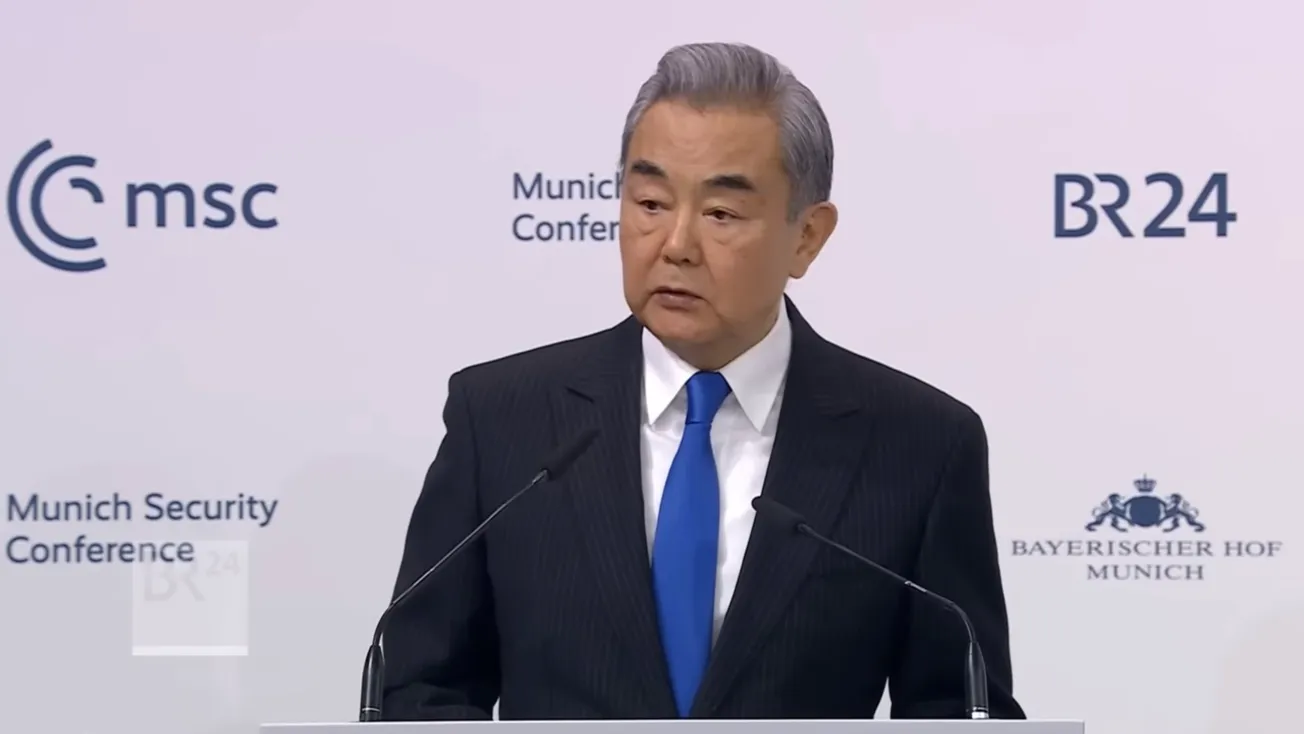March 23, 2024 (EIRNS)—Global Times featured an article on March 21 by their defense reporter Liu Xuanzun warning that the U.S. has “ramped up its trouble-stirring moves in at least three directions around China to build regional tensions and reinforce its containment of China.” The three areas are:
• Official U.S. government recognition of the contested region on the India-China border (called “Arunachal Pradesh” in India, “Zangnan” in China/Tibet) to be part of India. This came after Indian Prime Minister Narendra Modi inaugurated the “Sela Tunnel” in the area last month—the world’s longest bi-lane tunnel built at an altitude above 13,000 feet, which is located in the Indian state of Arunachal Pradesh, triggering sharp responses from Chinese officials. Chinese Foreign Ministry spokesperson Lin Jian said at a regular press conference on March 21 that Zangnan is China’s territory, “a basic fact that is undeniable.” He added that the China-India boundary question is “a matter between the two countries and has nothing to do with the U.S. side.”
• Secondly, in the South China Sea, U.S. Secretary of State Antony Blinken, who has just visited the Philippines, reiterated on March 19 the U.S.’ “ironclad commitment” to defend Manila amid rising tensions with China, CNN reported on March 20. This comes as the U.S., Japan and the Philippines are forging a military pact against China, which will be sanctified at a summit between Prime Minister Kishida and Presidents Marcos and Biden on April 11 in Washington, D.C., while the annual U.S.-Philippines Balikatan joint military exercise will be held in the region from April 22 to May 8.
• Third, in the Taiwan conflict, the head of the U.S. Indo-Pacific Command Adm. John Aquilino claimed in a prepared testimony to the U.S. House Armed Services Committee on March 20 that the Chinese mainland is on track “to be ready to invade Taiwan by 2027.”
Global Times quoted anonymous experts as telling the daily: “For a long period of time, India’s independent diplomatic policy and non-alliance strategy made it hard for the U.S. to use it as a pawn. However, the U.S. in recent years has been sowing discord between China and India, taking advantage of the two countries’ border disputes.”
The expert concludes: “China follows a national defense policy that is defensive in nature, but it will resolutely safeguard national sovereignty, security, territorial integrity and development interests, experts said, noting that being played by the U.S. as pawns could lead to unnecessary disasters that benefit only the U.S.”
Meanwhile, Lt. Col. Colonel Brian Kerg, a nonresident fellow in the Indo-Pacific Security Initiative at the Anglo-American military think-tank, the Atlantic Council’s Scowcroft Center for Strategy and Security, published a long, fanciful tale about a coming U.S.-China war, insisting that it would not be a “short, sharp war,” but a long war, with nuclear weapons, and incredibly asserts that the war would remain in the Asian theater—as if the U.S. would not be destroyed in this scenario.



